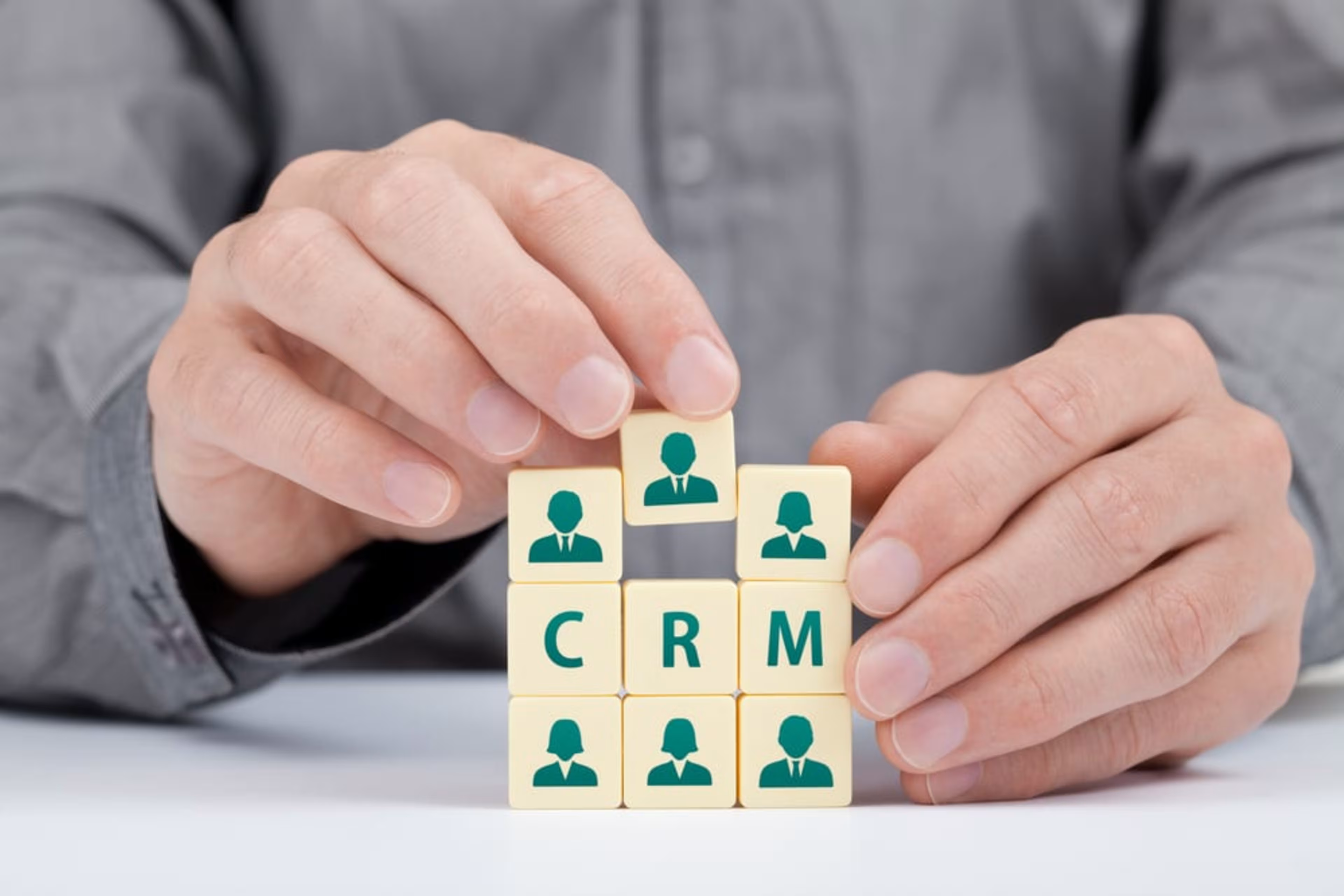Making your CRM a Competitive Weapon
Choosing a CRM to run your business can be a daunting task. There are a lot of big players that use their marketing might to sell features, bells and whistles - many of which you don't even need. You end up sharing a data model (multi-tenant) with all of their customers and even your competition. And you augment your business workflows to match what's prescribed in their CRM systems.

But shouldn't your CRM be a competitive weapon you use to win against your competition? Shouldn't your CRM fit your business, not the other way around? Here are five great reasons to consider a customized approach to CRM in place of off-the-shelf or out-of-the-box options and, as a result, make your CRM a competitive weapon to win in your market.
Custom Data Model
A data model determines how your business data is structured, stored and accessed, including the parent-child relationships of each data table. Most CRM vendors use a multi-tenant database. This means the data model is structured and normalized by the vendor, and all of their customers (including your competition) use the same model. To take full advantage of the CRM you will likely need to augment your business a bit to mirror the CRM data model. Plus, since you can’t really build new data tables, CRM vendors often make it easy to add fields to existing data tables. Many companies go crazy here and add tons of new fields that end up flattening the data model (like a spreadsheet) making the data more difficult to access and understand.
Some CRM vendors allow for a custom database. This means the data model is designed to fit your specific business. It also means that only you use it, and not your competition. A good data model can incorporate the end-to-end processes and business functions that differentiate your company. And your data remains relational in a way that is highly accessible, reflecting the “real world”.
Custom Workflows
A workflow is defined as a sequence of connected steps you use to get your work done. Even if you’re selling widgets into a commodity market, how you find your customers, sell to your customers, deliver and support your customers makes all the difference.
Most CRM vendors have prescribed workflows that they call “best-of-breed”. But if everyone is using them, including your competition, how do you really gain advantage? Often these prescribed workflows don’t incorporate all the upstream and downstream processes in your business, leaving you to create workarounds with spreadsheets or some other software package. And of course, they often make you take steps not needed in your business, leaving you and your employees asking, “Why do I have to do this?”
Some CRM vendors allow for totally integrated, custom workflows. Having your CRM customized to match your workflows saves you time and streamlines the work that you and your team need to get done. Best of all, it allows your unique – and sometimes proprietary – workflows to differentiate you from your competitors using an out-of-the-box CRM option.
The Right Level of Automation
Automation is defined as the steps in a process that happen automatically or “behind the scenes”. Email alerts when a task is created, or compliance checks and verifications when clicking “next” are examples of automation. CRM automation is ideally used to increase productivity and save time.
Most CRM vendors have some level of automation build into their system. These automation levels are based on the law of averages from feedback the vendor receives from their customers. And often the vendors opt for more automation rather than less so they can market their CRM as efficient and time saving. No doubt, automation is cool. Nothing like clicking a button and letting the system do the work. But what happens when the prescribed automation is not how you run your business? Or your workflows change and now the automation is a hurdle?
If you work with a CRM vendor that automates the steps in your workflows that make the most sense, but simultaneously keeps you flexible for when processes change, your business remains agile. With customized CRM automation, you save time where it means the most and never get stuck with meaningless automation that ends up actually decreasing your efficiency.
Easier to Use
Most CRM vendors set up their CRM – the navigation, the screen layouts, quicklinks, etc. – based on feedback from their broad customer base. But is the “wisdom-of-crowds” really the best way to have your CRM set up and presented to you? Do you want to dig down ten screens deep to find the data you need? Do you want your key workflows hidden under tabs that don’t make sense?
When you work with a CRM vendor that sets up the navigation and screen layouts to match your custom data model and workflows, you can expect the system to be pretty easy to use. Whether it’s the way you organize your products and services, or the way you segment your customers, your CRM should be organized the same way you organize your work. When the screens in your CRM reflect the way you run your business, using it is intuitive, easy and efficient.
Killer Analytics
Many CRM vendors have a portfolio of prescribed reports with flashy graphics and dashboards. But should your CRM vendor dictate what metrics are most important to your business and deliver them in canned, off-the-shelf reports?
Why not have customized reports on the transactional data that is most important to measuring your success? Why not have your dashboards show your workforce how they are doing in the terms that motivate them the most? When you measure your business the way that you run your business, you're able to make the decisions you need to grow and outperform your competition.